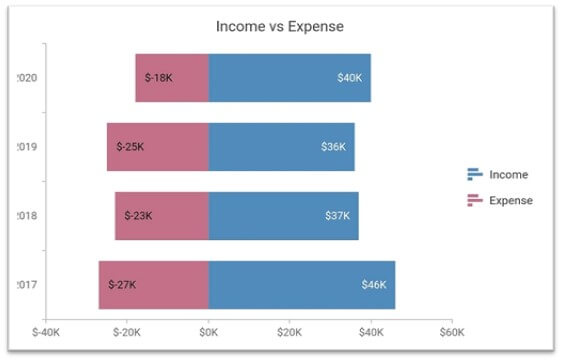
See for guidance on storing connection strings. #warning To protect potentially sensitive information in your connection string, you should move it out of source code. Protected override void OnConfiguring(DbContextOptionsBuilder optionsBuilder) Open the “ExpenseReport.cs” file and put in the following code: using System This class will contain our “Employee” model properties. Right click on the “Models” folder and select “Add” > “Class”. Then we will generate our database tables using the model. Since we are using the EF core Code First approach, first we will create our model class. Then, select “Web application (Model-View-Controller)” template and press “OK”. Select “.NET Core” and “ASP.NET Core 2.1” from these dropdowns. You will see two drop-down menus at the top left of the template window. Put the name of the project as “ExpenseManager” and press “OK” to create the ASP.NET Core Project.Īfter clicking on OK, a new dialog will open asking you to select the project template. Then, select “ASP.NET Core Web Application” from the available project types. Select “.NET Core” in the left panel inside the Visual C# menu. Open Visual Studio and select “File” > “New” > “Project”.Īfter selecting the project, a “New Project” dialog will open.
INCOME AND EXPENSE BAR CHART APPLE NUMBERS INSTALL

We are using modal dialog to handle user inputs and to show monthly and weekly expense summary chart using Highcharts. This expense manager tracks your daily expenses and provides comparative charts to show your expense summary. In this article, we will be creating a personal expense manager using ASP.NET Core 2.1 and Entity Framework (EF) core Code First approach.


 0 kommentar(er)
0 kommentar(er)
